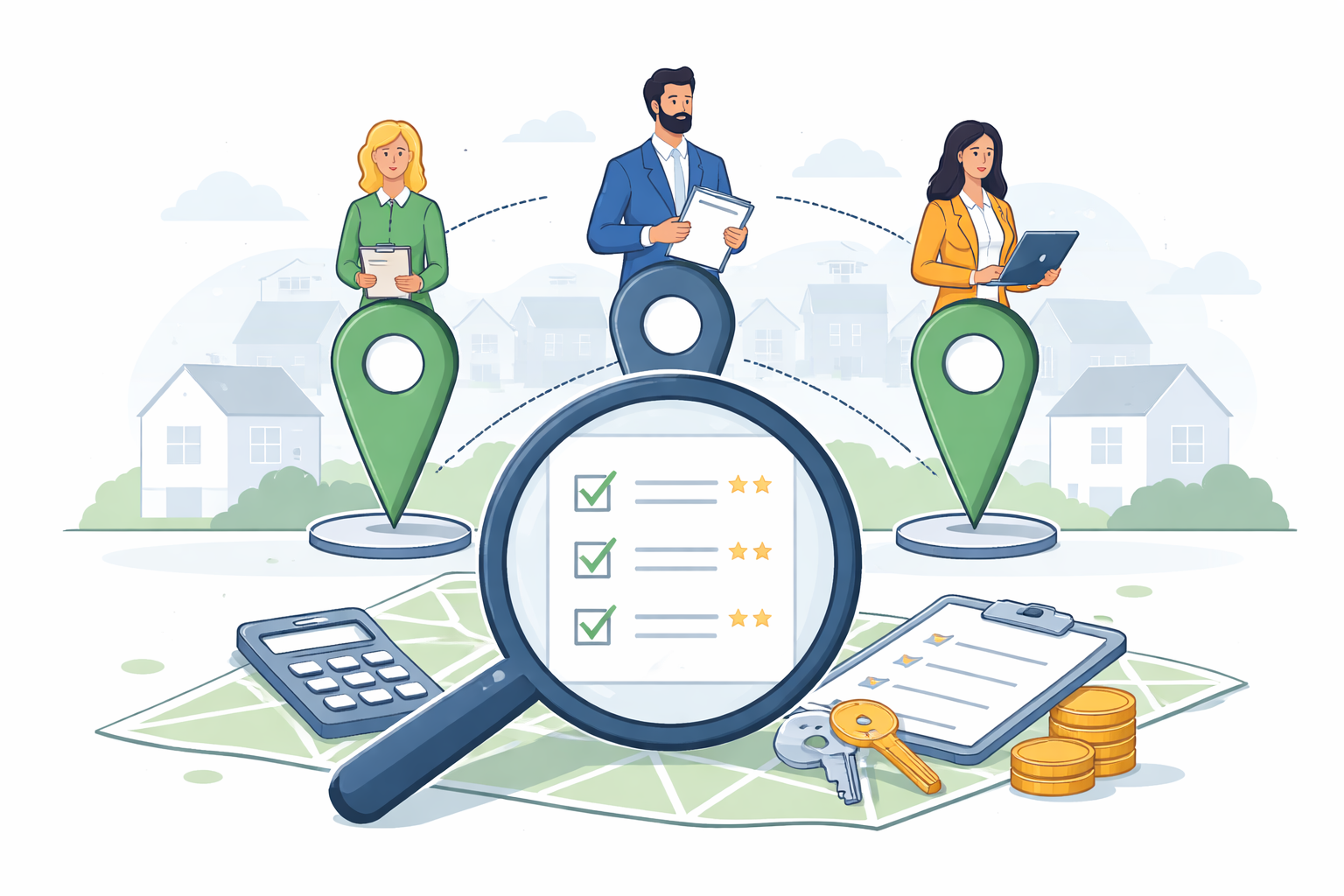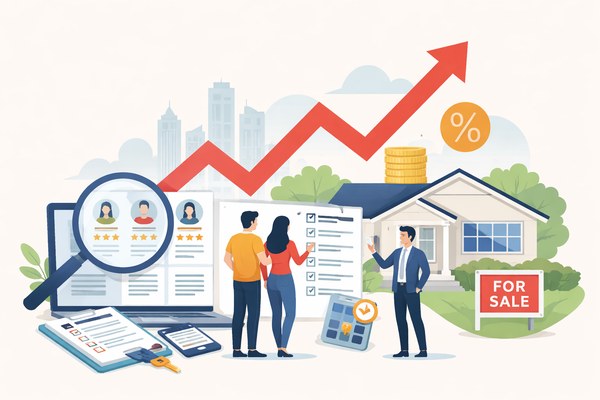For the past few years, home loan interest rates have been significantly low, and this came as good news for both existing and aspiring homeowners. However, with inflation starting to rise, we will see an increase in interest rates soon.
Many people are pretty concerned about any increase in home loan interest. For example, what if the interest doubles? Will someone who has an existing loan or is planning to get one still be able to pay?
This article will discuss how loan repayments could be affected if interest rates suddenly double and when they are most likely to increase. We will also cover the other 'what ifs' involved, such as what if the loan interest doubles, and how will you be able to afford it?
With no further ado, let us get right into it!
How Will a Doubled Interest Rate Affect Your Home Loan Repayments?
While it looks like a great time to take a considerable leap right while home interest rates are low, this can double in the next few years as the economy recover. A hypothetical home loan table is provided to demonstrate how drastically your home repayments could change if interest rates increase.
How would your repayments change on a $600,000 home loan with doubled rates?
| Amount borrowed | Interest rate | Loan term | Monthly repayment |
| $600,000 | 2% | 30 years | $2,218 |
| $600,000 | 4% | 30 years | $2,864 |
| $600,000 | 6% | 30 years | $3,597 |
How would your repayments change on a $900,000 home loan with doubled rates?
| Amount borrowed | Interest rate | Loan term | Monthly repayment |
| $900,000 | 2% | 30 years | $3,327 |
| $900,000 | 4% | 30 years | $4,297 |
| $900,000 | 6% | 30 years | $5,396 |
How would your loan repayments change on a $1,200,000 home loan with doubled rates?
| Amount borrowed | Interest rate | Loan term | Monthly repayment |
| $1,200,000 | 2% | 30 years | $4,435 |
| $1,200,000 | 4% | 30 years | $5,729 |
| $1,200,000 | 6% | 30 years | $7,195 |
Are Home Loan Interest Rates Rising?
Since the pandemic started, interest rates have decreased significantly. They have been steadily declining for a couple of years now, but the pandemic surely accelerated.
These interest rates can be determined by several factors, including the cash rate set by the Reserve Banks. However, lenders can raise their interest rates independently of the cash rates, and some have already started.
What Would Happen If I Cannot Afford the Increase in Repayments?
You might be facing mortgage stress if you have checked your future repayments and concluded that you would not be able to afford them. Mortgage stress happens when an increase in the home loan repayments places enormous strain on a particular household's finances. Usually, this occurs when the home loan repayments comprise 30% or more of a household's income before taxes.
Once you start feeling overwhelmed, you should start taking the necessary actions. It includes
the following:
- Check how much you are spending. Review it thoroughly and find some areas you can cut back. Reduce your budget for "wants" and focus more on your needs.
- Negotiate a lower rate with your lender. Yes, not everything is set in stone. Try to talk it out with your lender to see if you could take the interest rates down a notch.
- Refinance your loan for a more “competitive” deal.
- Talk to a financial expert. A qualified financial advisor can help you in a lot of ways.
- Let your home loan lender know about your situation and see if you can come up with a couple of financial hardship considerations.
The Ultimate Suburb Finder for Property Investors
Learn MoreHow Do You Prepare Yourself When Interest Rate Increases?
Interest rates are low now, do not mean they will stay that way. Remember, what goes down will come back up - eventually. Interest rates are bound to go back up as the economy recovers. Once this happens, short-term and long-term investors will be significantly affected.
You must be prepared if a shift in the interest rates occurs. Here are four ways you can do this:
- Fix Your Home Loan Rate
Switching to a fixed rate will protect you from rate fluctuations in the years to come. However, this can only keep you in the safe zone for a couple of years (usually around 1 to 5 years).
- Make Extra Repayments
Making extra loan repayments is a great way to reduce the interest you pay on a home loan. Note that the less you owe, the lower the interest you will be paying. When rates go up drastically, you will be able to avoid a strain on your mortgage.
However, these extra repayments depend on what kind of home loan rate you have. If your home loan has a variable rate, you might not have any problems or restrictions in making extra repayments (but it would be better to confirm this with your lender).
On the other hand, fixed-rate home loans usually do not allow extra repayments.
- Consolidate And Settle Your Other Debts
Settling your other outstanding obligations can reduce your financial stress once interest rates rise. It includes the rates on your personal loans, car loans, or credit card loans.
Aside from settling these obligations, you may also consider consolidating your other debts into your mortgage. It can help you streamline your debt in which you will only be making one monthly repayment.
- Refinance Your Loan
If your loans have not been refinanced for a while, then a rate hike might be an excellent opportunity to do so. Review your loan and remove features you are paying for but are not using since this can benefit you by helping you save money on your mortgage.
- Downsize Your Home
If you are currently staying in a house that has a bigger space than what you need, then it may be time to downsize your home. Downsizing your home can help you cut off a significant portion of your current home loan. It is also great to sell your home after you decide to downsize. The income you receive can help offset any current loan or future loan you may have.
Find and Compare Buyers agents to help you buy a home based on your needs, lifestyle and budget.
Conclusion
Any increase in your home loan's interest rates can leave quite the blow on your budget. It is even more so when the rate doubles. However, you still afford those rates if you plan your repayments and pay smartly. If you find it a bit complicated to understand or are pretty confused about how to refinance your loan or consolidate your existing debts, it would be best to opt for the assistance of a financial expert to guide you throughout.











